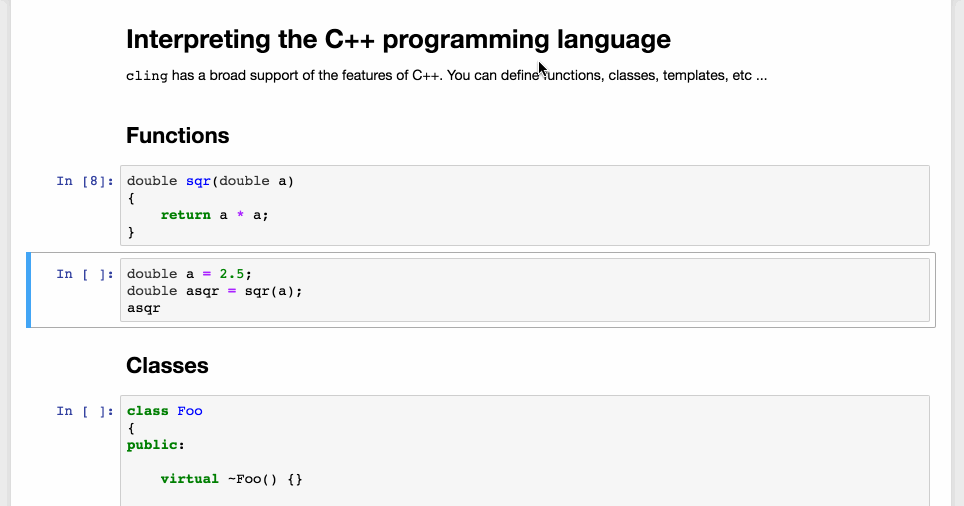The Boost C++ Master Class with Boris Schäling
Boris Schäling offers a new C++ master class.
The Boost C++ Master Class
by Boris Schäling
About the training:
Welcome to a 2-day training that strives to deepen your understanding of the Boost C++ Libraries. As of today, the Boost C++ Libraries are the most important stepping stone if you want to increase your productivity as a C++ developer and significantly improve the quality of your code. In-depth knowledge of the Boost C++ Libraries empowers you to write code that is shorter, more expressive, less error-prone, more agile, and more future proof.
Boris Schäling is one of the world’s leading professional Boost C++ expert. He has seen multiple times how detailed knowledge of the Boost C++ Libraries can turn a C++ developer into an exceptional C++ developer. Boris Schäling is an active member of the Boost community. He is the author of the book "The Boost C++ Libraries" and responsible for the website theboostcpplibraries.com.
The training is for intermediate and advanced C++ developers. Advantage if you have some experience with the Boost libraries (prior knowledge of Boost helpful, but not required).
Don’t miss out on the opportunity to attend this 2-day course, to be held in Stockholm on the 13th-14th March, 2018. Please notice there are a limited number of seats.



 And how back_inserter works.
And how back_inserter works.